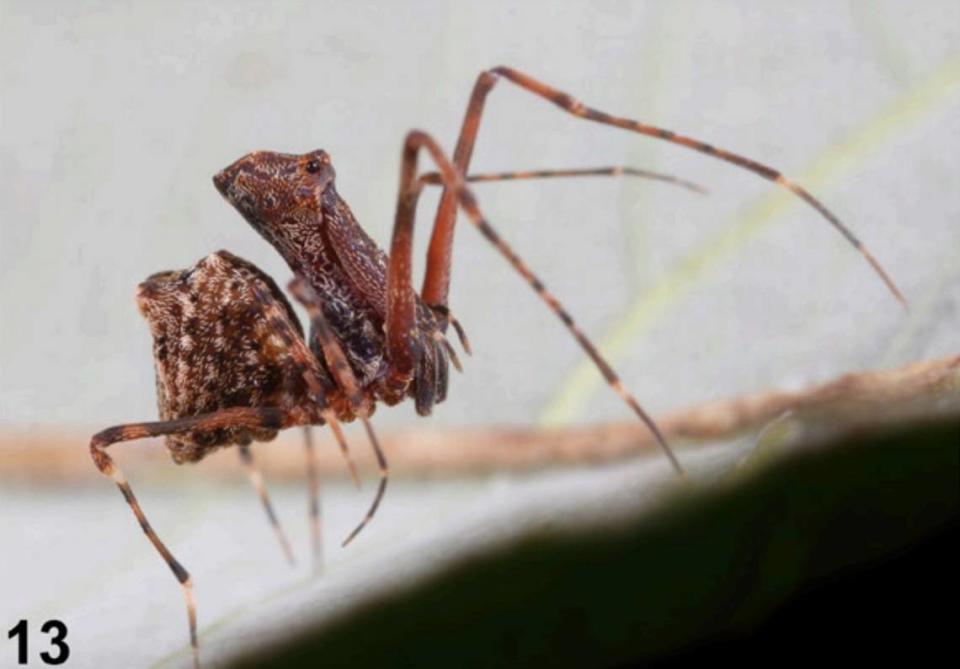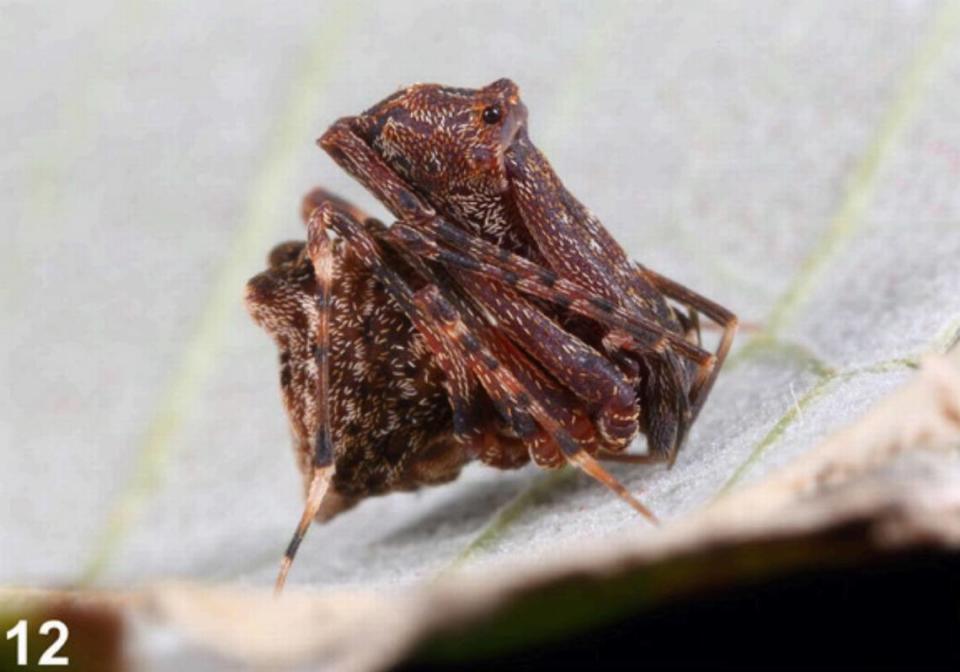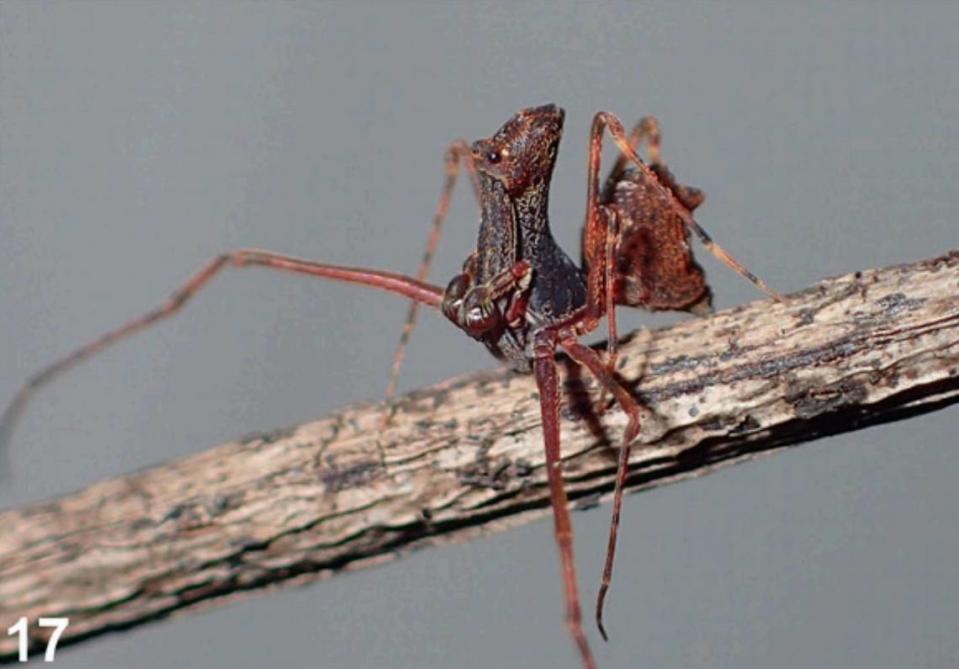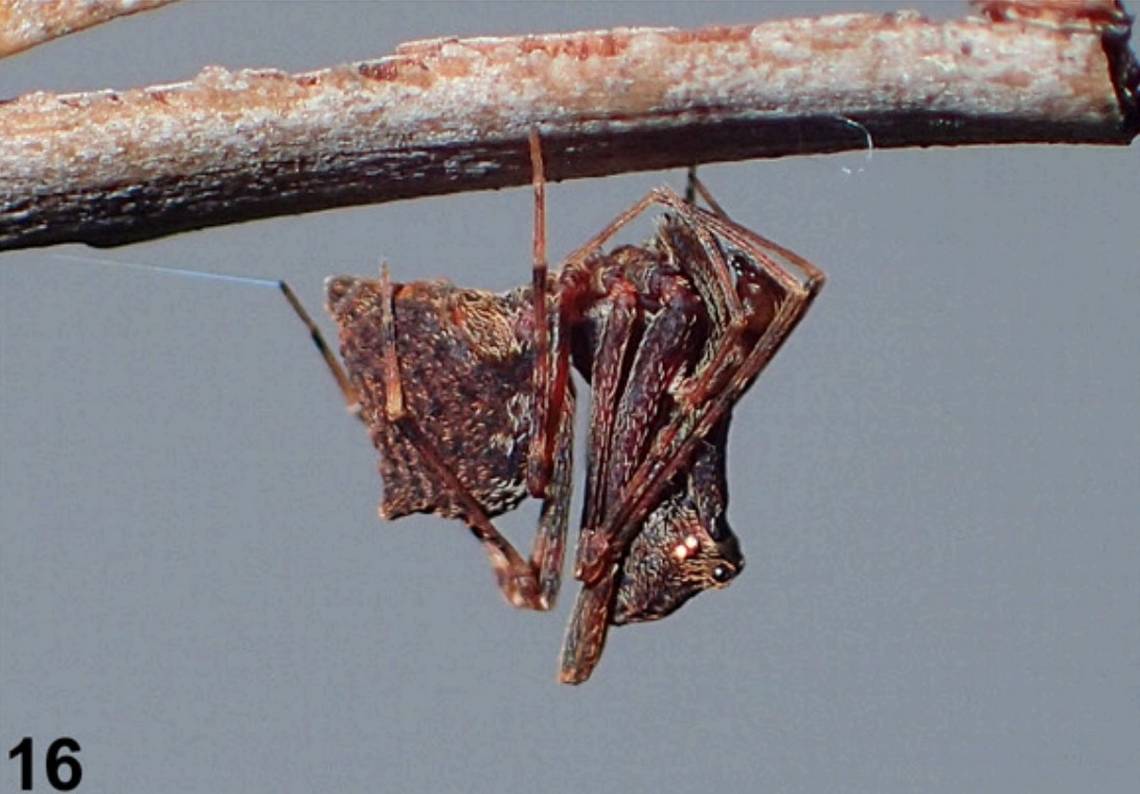Hidden in the leaves of a park in Australia, a “bizarre”-looking creature searched for its next meal, its “spear-like” appendages at the ready.
Visiting scientists spotted the predatory animal — and discovered a new species.
Researchers visited a park in Whitsunday, Queensland, several times between 2023 and 2024 to survey local wildlife, according to a May 14 study in the peer-reviewed Australian Journal of Taxonomy.
They were looking for a “bizarre group” of spiders scientifically known as Austrarchaea or pelican spiders, the study said. These “iconic” spiders are specialized predators that feed on other spiders with “long, spear-like” appendages. Their hunting strategy has earned them the nickname “assassin spiders.”
During their visits to the park, researchers found eight unfamiliar-looking spiders, the study said. They took a closer look at the animals and realized they’d discovered a new species: Austrarchaea andersoni, or the Whitsunday hinterland pelican spider.

Discover more new species
Thousands of new species are found each year. Here are three of our most eye-catching stories from the past week.
→‘Large’ pregnant creature with ‘heart-shaped’ spot found in China
→Scaly creature — with yellow eyelids — found lurking in forest
→Swamp creature — with ‘very large’ eyes — discovered in Madagascar
Whitsunday hinterland pelican spiders measure just over 0.1 inches in length and have an unusual body shape, researchers said. They have a “tall” head with “two pairs of rudimentary horns” and an abdomen with several “hump-like” bumps.


Photos show the reddish-brown coloring of Whitsunday hinterland pelican spiders. When its legs are pulled in, the spider looks quite compact and block-like. With its legs spread out, the animal appears significantly larger and its body is easier to distinguish.
When perched on a branch, the new species almost looks like a dry leaf, a photo shows.


Whitsunday hinterland pelican spiders live in the leaves on the rainforest ground, the study said.
Researchers said they named the new species “andersoni” after Greg Anderson, an arachnologist with the Queensland Museum who first collected it in 2023.


The new species’ common name refers to the Whitsunday area where it was discovered and, so far, the only area where it has been found, the study said. Whitsunday, Queensland, is a region along the northeastern coast of Australia, about 1,500 miles northwest of Sydney.
The new species was identified by its body shape, genitalia and other subtle physical features, the study said. Researchers did not provide a DNA analysis of the new species.
The research team included Michael Rix and Mark Harvey.
‘Large’ creature found lurking in ‘underground cavern’ in Serbia. It’s a new species
Surgeon travels to the Philippines highlands — then discovers a new species. See it
‘Large’ sea creature — with ‘blade-like’ claws — discovered as new species. See it
